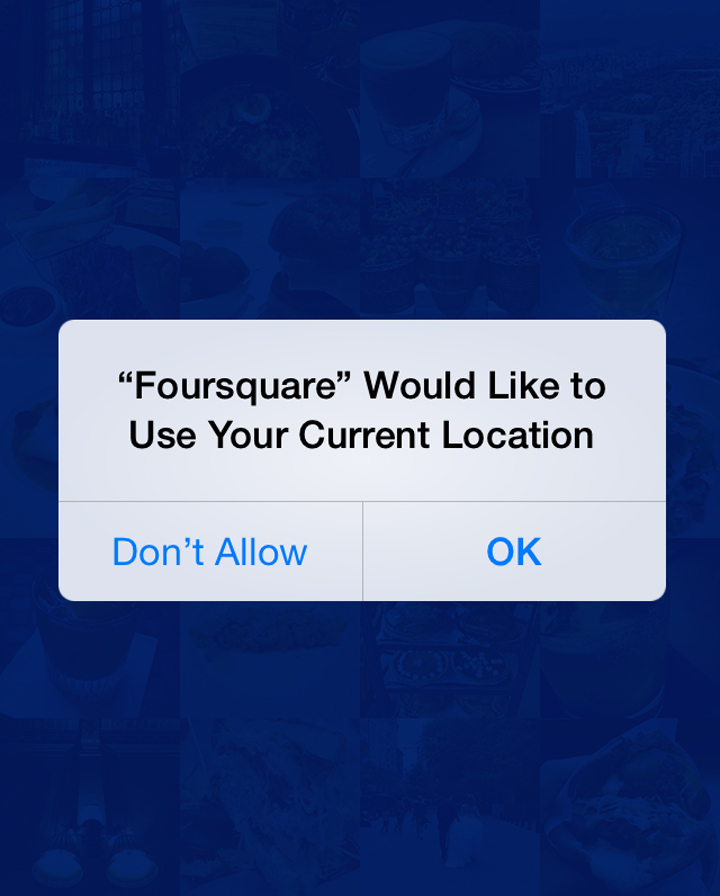TORONTO – Location-based social network Foursquare has undergone a massive image overhaul – gone is the app’s best known feature, a “check in” button allowing users to share their current location.

Instead Foursquare is moving to a more aggressive form of location tracking.
The app now keeps tabs on the user’s location at all times – even when the app isn’t running – in order to collect data. Once the app is opened, users will receive suggestions for restaurants and stores to visit in the area based on their interests.
This means any time your phone is powered on, Foursquare is accessing your GPS to track your location.
“Foursquare uses your background location to help you discover great places, even when your phone is in your pocket,” reads the description in the app.
According to the app’s description, the location is never shared.
The format change is a big one for Foursquare, which became well known for its “check in” feature that allowed users to share their favourite local spots with friends. The more users checked in, the more badges they earned and could even earn the title of “mayor” for their most visited spots.
Now, users are encouraged to leave reviews on their favourite spots instead – much like Yelp.
- High benzene levels detected near Ontario First Nation for weeks, residents report sickness
- Ontario takes action against chemical plant after Aamjiwnaang First Nation residents fell ill
- Enter at your own risk: New home security camera aims paintballs at intruders
- Fishing vessel with crane, net arrives in Zeballos for orca calf rescue
The background tracking feature is turned on by default – however, users can turn it off in the setting section of the app.
But collecting user’s location data may go beyond helpful restaurant suggestions.
According to a report by the Wall Street Journal, the company hopes to analyze trends on what spots are the most popular and possibly “sell that data to its partners.” Foursquare CEO Dennis Crowley told the Wall Street Journal that the company sees this as a fair trade for providing users with a “valuable service.”
“It’s been our philosophy since we started that as long as we are recycling the data back to people, people will be interested in using the services,” Crowley told the Wall Street Journal.
“You can’t just collect a lot of information off people and not do anything with it. It’s not a fair trade.”
Location-based services have raised privacy concerns with smartphone users in the past.
A setting called “Frequent Locations” in Apple’s iOS 7 software raised some concerns with users and privacy experts.
The setting allows your device to “learn places you frequently visit in order to provide useful location-related information,” and is able to decipher home address from your work address based on the hours your phone records being there.
Similarly, Facebook raised eyebrows after introducing a “Nearby Friends” feature on its mobile app.
According to a 2012 survey by Pew Research Center, one third of smartphone owners said they have turned off location-based services on their smartphones, most of which cite privacy concerns.





Comments